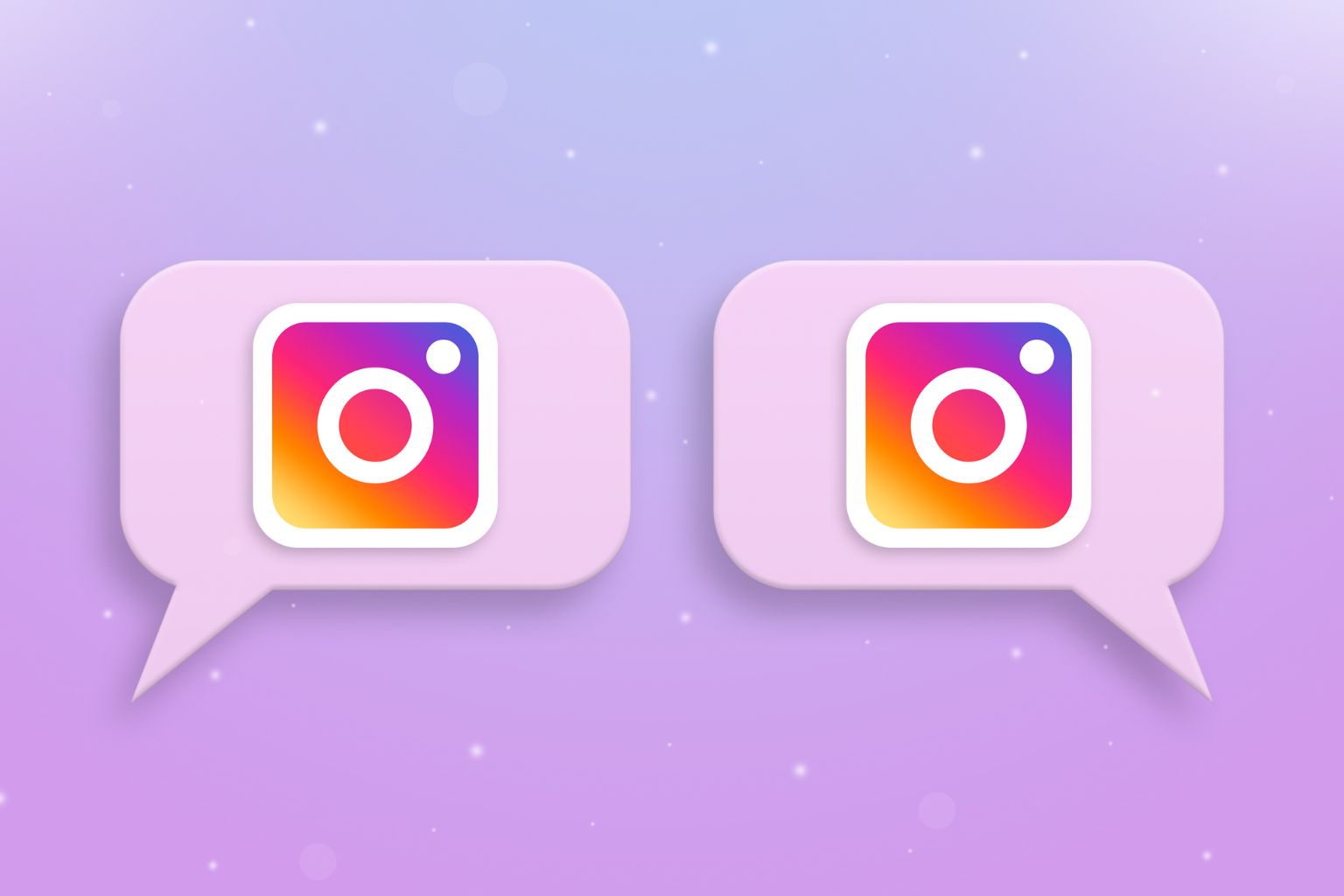Today, social media platforms have become an integral part of our lives, connecting people and offering a platform for self-expression. Instagram, with its visually appealing interface and extensive user base, has emerged as one of the most popular platforms. However, concerns have been raised about its impact on mental health.
While Instagram offers numerous benefits, such as fostering creativity and social connections, it also presents potential risks, including negative self-comparisons and addiction. This article explores the impact of Instagram on mental health, aiming to strike a balance between its pros and cons.
Contents
Instagram Overview:
Instagram is a popular social media platform that allows users to share photos and videos with their followers. It was launched in October 2010. Instagram’s focus is on visual content, and it provides various filters and editing tools to enhance photos and videos.
Here are some key features and aspects of Instagram:
1. Profile:
Each user has a profile where they can show their photos, videos, and bio. Users can follow other profiles and be followed by others.
2. Posts:
Users can upload photos and videos to their profiles, along with captions, hashtags, and location tags. Posts can be edited and deleted at any time.
3. Stories:
Instagram Stories are temporary photos and videos that disappear after 24 hours. They allow users to share moments of their day and include features like stickers, text overlays, and interactive elements.
4. Explore:
The Explore tab on Instagram allows users to discover new content and accounts based on their interests and the accounts they follow. It showcases popular and trending posts, as well as personalized recommendations.
5. Direct Messaging:
Instagram has a built-in messaging feature called Direct Messaging. Users can send private messages, photos, and videos and even share posts with others.
6. IGTV:
Instagram TV (IGTV) is a long-form video platform within Instagram where users can upload and watch videos that are longer than the traditional 60-second limit of regular posts.
7. Live Video:
Instagram Live enables users to broadcast live videos to their followers. Viewers can comment and interact with the broadcaster in real-time.
8. Business Tools:
Instagram offers features for businesses and creators, such as business profiles, shopping tags, insights, and advertising options to promote their products or services.
9. Privacy Settings:
Users can control their privacy settings, including the ability to make their accounts private, manage follower requests, block users, and restrict certain content.
Pros of Instagram on Mental Health:
Instagram, at its core, offers several positive aspects that can have a beneficial impact on mental well-being.
1. Self-expression and Creativity:
Instagram provides a platform for individuals to express themselves creatively through photography, art, and storytelling. This avenue of self-expression can be empowering and therapeutic, allowing users to share their unique perspectives with the world and find a sense of fulfillment.
2. Community and Support:
Instagram enables users to connect with like-minded individuals, creating communities centered around shared interests, hobbies, and causes. These communities can provide a sense of belonging, support, and support, and validation, particularly for marginalized groups or individuals facing mental health challenges. Engagement with supportive communities can help reduce feelings of isolation and foster a sense of camaraderie.
3. Positive Influencers and Inspirations:
Instagram is home to countless influencers who promote body positivity, mental health awareness, and overall well-being. Their content can serve as a source of inspiration, motivation, and encouragement. By sharing stories of personal growth and resilience, these influencers contribute to a more supportive and inclusive online environment.
4. Awareness and Advocacy:
Instagram has played a vital role in raising awareness about mental health issues, breaking stigmas, and fostering open conversations. It has provided a platform for individuals to share their experiences, educate others, and advocate for change. The visibility and accessibility of mental health discussions on Instagram have contributed to a greater understanding and acceptance of mental health challenges.
Cons of Instagram on Mental Health:
While Instagram offers numerous benefits, it is crucial to acknowledge the potential negative impacts it can have on mental health.
1. Social Comparison and Self-Esteem:
Instagram’s highlight reel nature can fuel social comparison, leading to feelings of inadequacy, low self-esteem, and depression. Users often compare their lives, appearances, and achievements with the curated and filtered versions presented on the platform, creating an unrealistic standard of comparison.
2. Fear of Missing Out (FOMO):
Scrolling through Instagram can trigger the fear of missing out as users witness their peers’ seemingly perfect lives, exotic travels, and social events. This constant exposure to idealized lifestyles can lead to feelings of envy, loneliness, and anxiety, as individuals feel left out or perceive their lives as inferior.
3. Cyberbullying and Trolling:
Instagram, like any other online platform, is susceptible to cyberbullying and trolling. Negative comments, harassment, and online abuse can severely impact mental health, leading to increased stress, anxiety, and even depression. The anonymity afforded by the platform can embolden individuals to engage in harmful behaviors without consequences.
4. Addiction and Time Consumption:
The addictive nature of Instagram can result in excessive use and time consumption. Constantly seeking validation through likes, comments, and follower counts can create a cycle of dependence, affecting productivity, real-life relationships, and overall mental well-being.
Conclusion:
Instagram undoubtedly has a significant impact on mental health, with both positive and negative aspects. While it fosters creativity, community, and support, it can also contribute to social comparison, low self-esteem, and addiction. Striking a balance is essential to mitigate the potential negative effects of Instagram on mental health.
Users should be mindful of their consumption, curate their feeds to include positive content, and limit comparison with others. Additionally, promoting digital well-being, fostering real-life connections, and seeking support when needed can help maintain a healthy relationship with Instagram. Ultimately, a conscious and balanced approach can ensure that Instagram remains a positive and empowering platform for mental well-being.
If you are looking for the Best Instagram Marketing Agency for your Business please contact Bliss Marcom.
Office Address in Noida.


